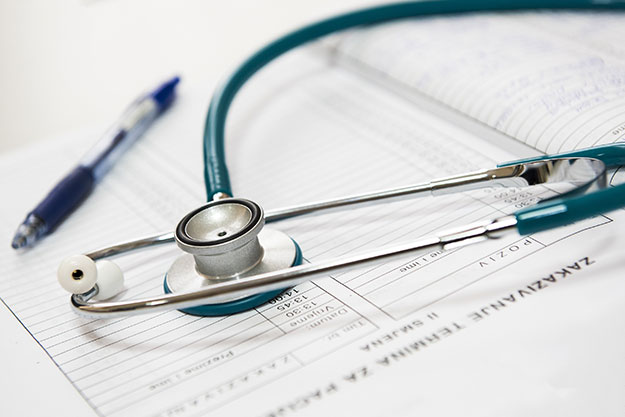Dealing with a medical emergency is never an easy situation to be in. Amongst the chaotic whirlwind of questions, concerns, and -- most likely -- pain, knowing the best course of action with which to receive care can make a difference in obtaining the desired outcome. Luckily, Pacific Medical Centers' Family Practice Physician Dr. Scott Trapman has provided insight on the differences between Primary, Urgent and Emergency Care, as well as information on when it is appropriate to utilize each of them.
There are a few options with which someone can receive emergency medical care when needed. Can you please explain the differences between Primary Care, Emergency Care, and Urgent Care?
The main difference between these three is the actual urgency of care. Primary Care Physicians (PCPs) are the physicians that you should see regularly and include pediatricians, internal medicine and family medicine doctors. PCPs can diagnose and treat most common illnesses without the support of specialists. They learn the most about you, your preferences and your needs. If you require a specialist, they will get you to the right doctor quickly.
 At PacMed, if you're in need of after-hours medical care, we encourage our patients to call first for support. For non-urgent questions, many patients can connect with their PCP through portals, like MyChart, and a physician will get back to them within a certain time frame. Even when traveling, you can call your PCP office to determine if you need to visit an urgent care, or if they can handle your issue over the phone -- or you can wait until you're back from your travels.
At PacMed, if you're in need of after-hours medical care, we encourage our patients to call first for support. For non-urgent questions, many patients can connect with their PCP through portals, like MyChart, and a physician will get back to them within a certain time frame. Even when traveling, you can call your PCP office to determine if you need to visit an urgent care, or if they can handle your issue over the phone -- or you can wait until you're back from your travels.
You must go to an emergency room for life-saving care that needs immediate attention. For all other cases, patients should consult their PCP.
When is it most appropriate to use each of these forms of immediate care?
You should see your PCP at least annually to ensure you have access to the most current preventative care and recommendations, as well as when you become ill or have a change in your health. The staff at PacMed is passionate about helping patients save in the long term by helping prevent potentially unnecessary and expensive urgent care and emergency room visits, when possible. Before heading to urgent care, it's a great idea to call your PCP first.
Reasons to go to the emergency room include chest pain, heart attack, paralysis, stroke, seizure, severe trauma, poisonous envenomation, and severe allergic reaction.
Many military personnel travel often, meaning they sometimes are not in a position to see their Primary Care Physician. In these instances, what do you recommend if a need for medical treatment arises?
When traveling individually, military service members can use their military ID cards at any emergency room. A military service member will always be treated if they are sick, injured or experiencing a medical emergency. If military service members are traveling with their unit, then military medical care is always on-hand.
While serving as a brigade surgeon, my responsibilities included traveling with the members of my unit, offering the unit commander recommendations regarding medical intelligence and risks, coordinating on-the-spot care with local or host-nation medical assets and running a small trauma center for the treatment, stabilization and transport of the sick and injured. My team included a brigade nurse, several medical administrators, a group of physician assistants, a large number of combat medics and other allied healthcare professionals.
What are the benefits of contacting your Primary Care Physician even while traveling?
The benefits of contacting your PCP's office are numerous. You can see if there are any specific immunizations or prophylactic medicines needed for the areas that you are visiting. You can ensure you have enough of your routine medicines to last throughout your trip. In addition, if you have a medical emergency abroad, you or a loved one should contact your PCP's clinic so they may provide important medical information for that hospital and to coordinate follow-up care upon your return.
Is there anything else you would like readers to know about these forms of care, or the distinctions between them?
When in doubt, seek the highest level of care possible. If you are unsure of the seriousness of your condition, don't delay, go to the ER. If you know it's not an emergency and you have time to schedule an appointment, call your PCP and get seen at your home clinic.





Read Comments